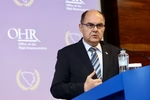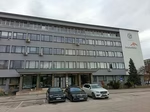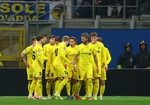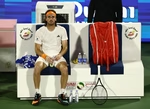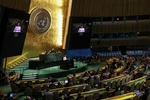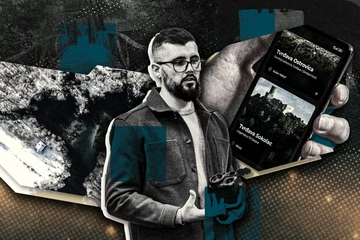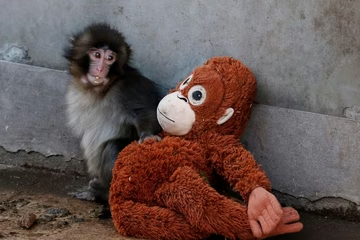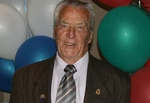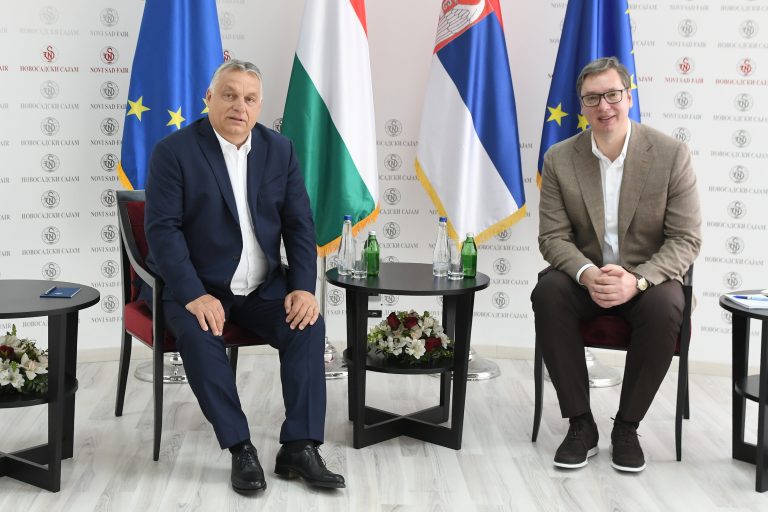
Hungarian Prime Minister Viktor Orban’s growing influence in Vojvodina doesn’t seem to worry Serbian President Aleksandar Vucic, nor does the fact that Orban’s son-in-law Istvan Tiborcz also has sprawling and often dubious business operations in Serbia, the Radar weekly reported in its latest issue.
Serbia and Hungary’s leaders, Aleksandar Vucic and Viktor Orban, often boast that the two countries’ relations have reached a historic peak — a strategic friendship that has, despite its turbulent past, strengthened over the years, Radar said. Vucic told an interview with Prva TV in May this year that he values his friendship with Orban so much that he plans to immortalize it with monuments in honour of the Hungarian prime minister “when he is no longer around,” highlighting their close personal bond. If Vucic speaks this highly of Orban, he is probably planning a mausoleum for Putin, Radar said.
Little is known about Orban’s penchant for investing in sports clubs. Hungarian funds have flowed to football clubs like FK DAC from Dunajska Streda, Slovakia, Sepsi from Sfantu Gheorghe in Romania, and Osijek in Croatia. In Serbia, the football club TSC from Backa Topola has gained prominence, and Orban attended the TSC academy’s opening in 2018, praising sports, that is, football, as a unifying force for Central Europe, particularly for Serbs and Hungarians, Radar reported.
Investing in media is a shared interest of Vucic and Orban. Certain media outlets in Vojvodina receive financial support from the Hungarian government and, in return, actively support and promote Orban’s agenda, Ivana Rankovic of the Belgrade Center for Security Policy (BCBP) told Radar. “Through the Bethlen Gabor Foundation, which grants funds to churches, cultural institutions, and media, the Hungarian government has supported Serbian Hungarian-language media such as Magyar Szo, Het Nap, and RTV Panon. These outlets promote Orban and (Hungarian political party led by Orban) Fidesz, influencing the Hungarian minority in Vojvodina to support Fidesz,” she explained.
Family connections also play a role in Serbian politics. Vucic often criticizes journalists who report on his brother’s and friends’ business dealings. He is not alone in this – Viktor Orban’s son-in-law and one of the most influential figures in his inner circle Istvan Tiborcz also has business ventures in Serbia, said Radar. Hungarian journalist Gabor Bodis confirms that Tiborcz is climbing the ranks of Hungary’s wealthiest. “His (also) most successful business move was his marriage to Viktor Orban’s eldest daughter. Rahel. She can’t complain either – Rahel is practically managing Hungarian tourism. It would be tiresome to name all the famous buildings, mainly hotels, owned by Tiborcz,” Bodis told Radar.
Tiborcz became known in Serbia when his company, Elios, began installing street lighting in Serbian cities in 2014. This was the first of Tiborcz’s ventures in Serbia.
According to the Belgrade Center for Security Policy (BCBP), for this job, local authorities rigged tenders so that the requirements would suit only one company, which, in the end, got the job. It all seemed to be within the bounds of the law, and an Elios branch for the first time formed a consortium with companies either owned by people close to the ruling Serbian Progressive Party (SNS) party or with state-owned entities, said Radar.
At the end of last year, said Radar, a company owned by Tiborcz’s BDPST group acquired 11 office buildings in Belgrade, housing major companies like Nestle, Adidas, and Philip Morris.
Kakvo je tvoje mišljenje o ovome?
Učestvuj u diskusiji ili pročitaj komentare





 Srbija
Srbija
 Hrvatska
Hrvatska
 Slovenija
Slovenija










